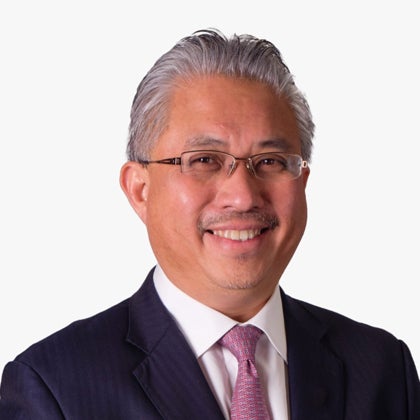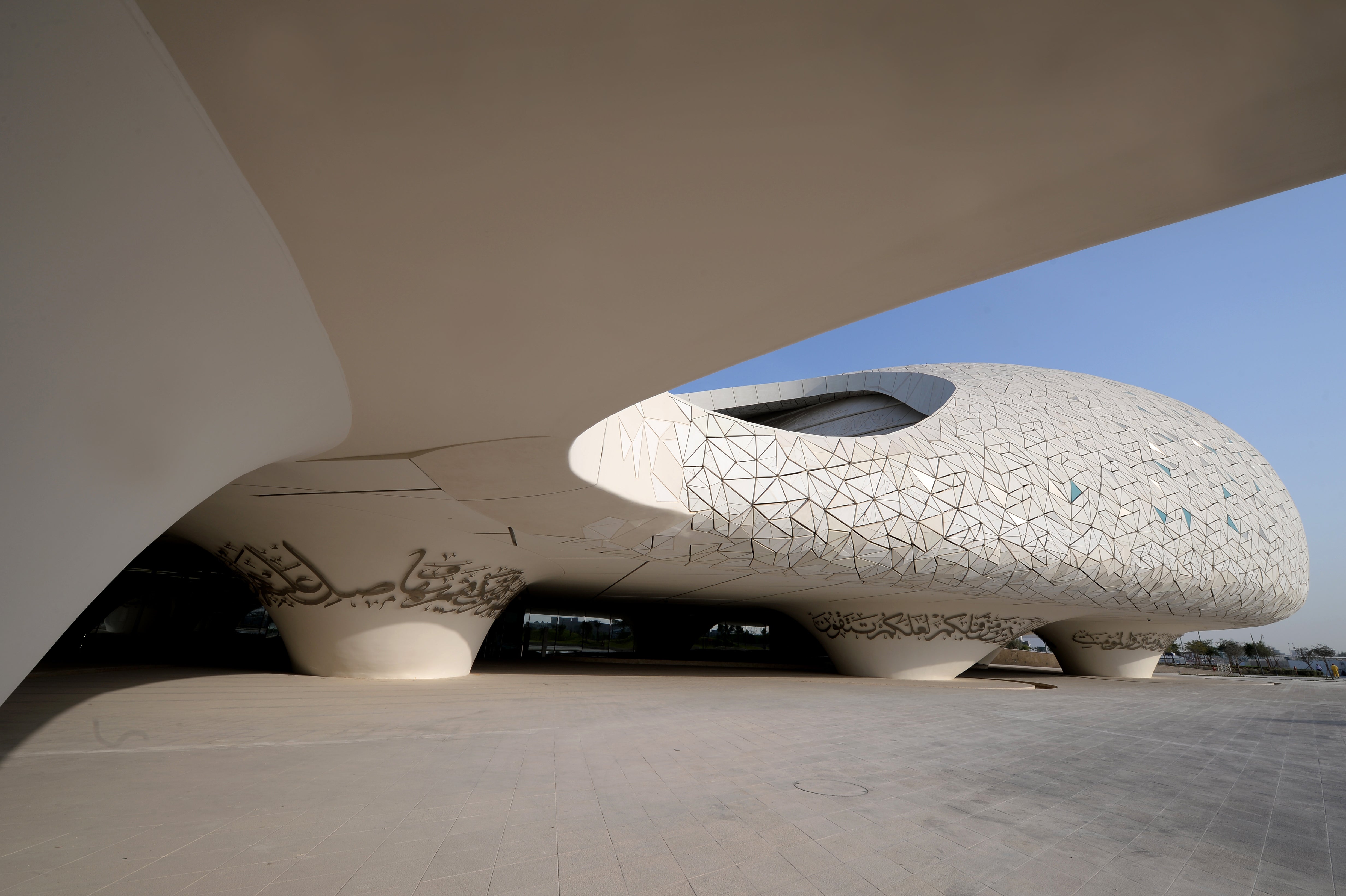The College of Islamic Studies (CIS) provides a unique platform that contributes to critical intellectual debates on Islam in a global context, through its blended academic programs and an immersive learning experience; as well as its distinguished research division, which includes several research centers and clusters.
The college’s graduate and PhD programs equip students with the training and skills required to pursue careers in academia and research, as well as the cultural, business, and finance sectors, through the specialized tracks that are offered and year-round development opportunities.
Fact and Figures
Year of establishment
Programs
Students
Alumni
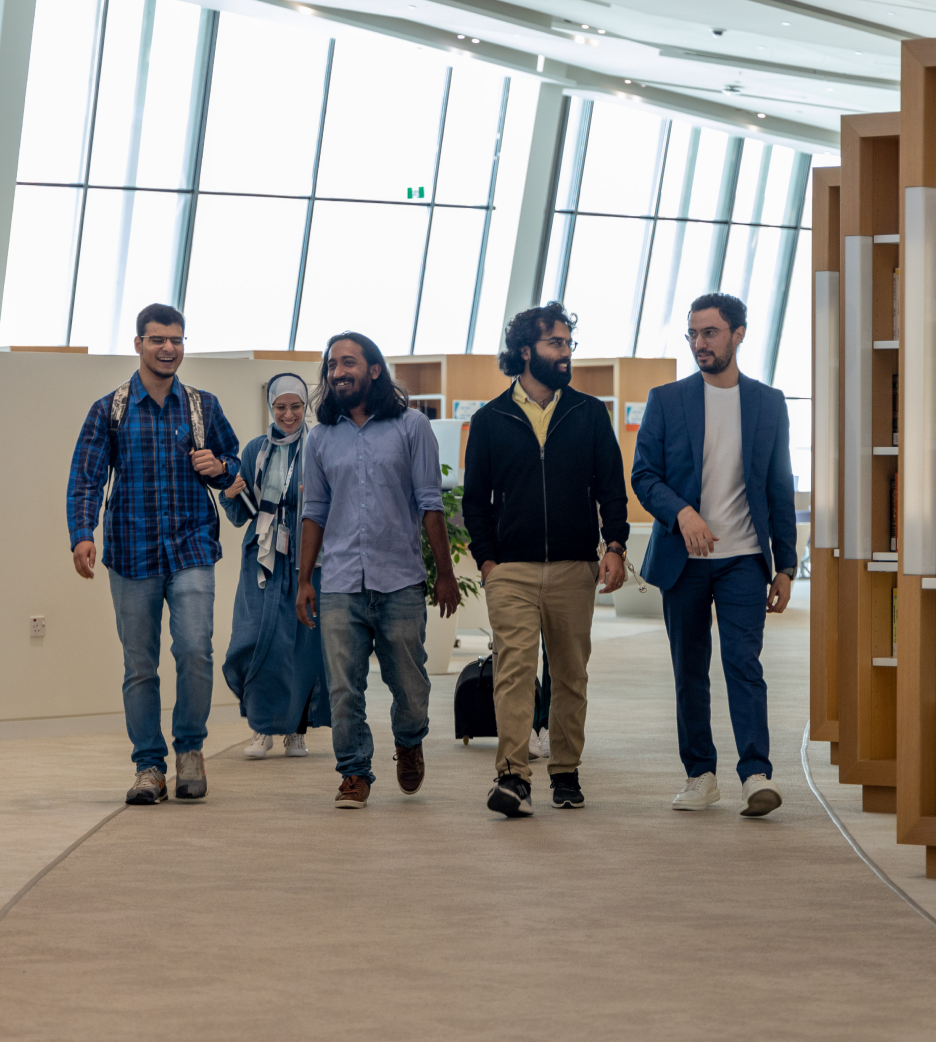
Students and Alumni
CIS’ students come from a range of academic backgrounds that are as diverse as their nationalities, strengthening the academic and cultural fabric of the college and HBKU. The programs at CIS admit students with high academic standing in related undergraduate or graduate programs. Students with relevant work experience are also encouraged to apply.
The CIS alumni community now includes more than 400 graduates representing 49 nationalities. CIS alumni have diverse career trajectories and positions in public and private sectors within Qatar, the region, and the world.
In addition, a notable number of CIS alumni have pursued their doctoral degrees at prestigious universities abroad.
Career Prospects
CIS programs offer graduates an array of career possibilities. Whether they are seeking career development opportunities or they occupy senior-level positions, CIS graduates are best equipped to tackle the challenges of a constantly evolving global world and a rapidly changing job market.
Graduates of CIS’ programs can readily occupy positions in a range of institutions depending on their specialization and interest:
- Government
- NGOs and International
- Educational and Research
- Religious Institutions
- Policy Institutes
- Financial Advisory Firms
- Central and Private Banks
- Private Corporations
- Media
- Development Agencies
- Translation and Interpretation
- Art Galleries
- Museums and Archives
- Architectural and Design Firms
Faculty and Research Areas
CIS’ faculty are established experts within their respective fields who not only incorporate curriculum-based instruction, but also encourage inquiry and intellectual pursuits that extend beyond the traditional classroom. In addition, CIS’ faculty are actively engaged in conducting research and contributing to global scholarship in a wide range of research areas, inter alia, including:
- Fiqh and society
- Islam and modernity
- Theological and philosophical ethics
- Applied Islamic ethics (Islamic bioethics, migration and human rights, etc.)
- Islamic social finance and economy
- Green financing and impact investing
- Fintech and digital banking
- Islamic banking and financial markets
- Sustainable development and faith
- Global governance and religion
- Preservation of heritage and cultural identity in Muslim societies
- Trends and typologies of Islamic architecture
Advisory Board
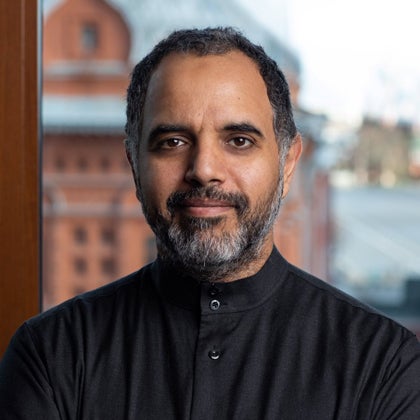
His Excellency Fahad Bin Mohammed Al-Attiyah
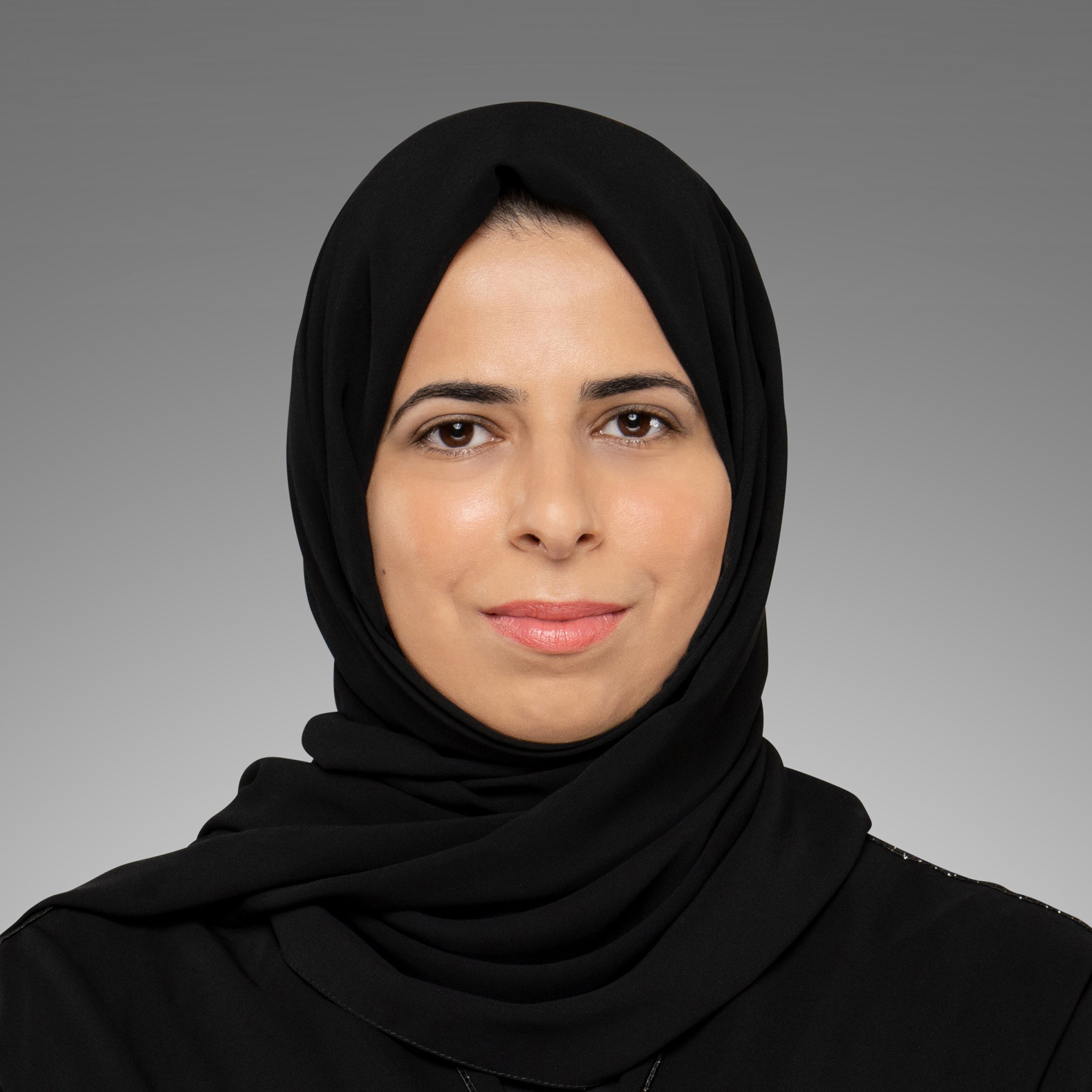
Her Excellency Lolwah Rashid Al-Khater
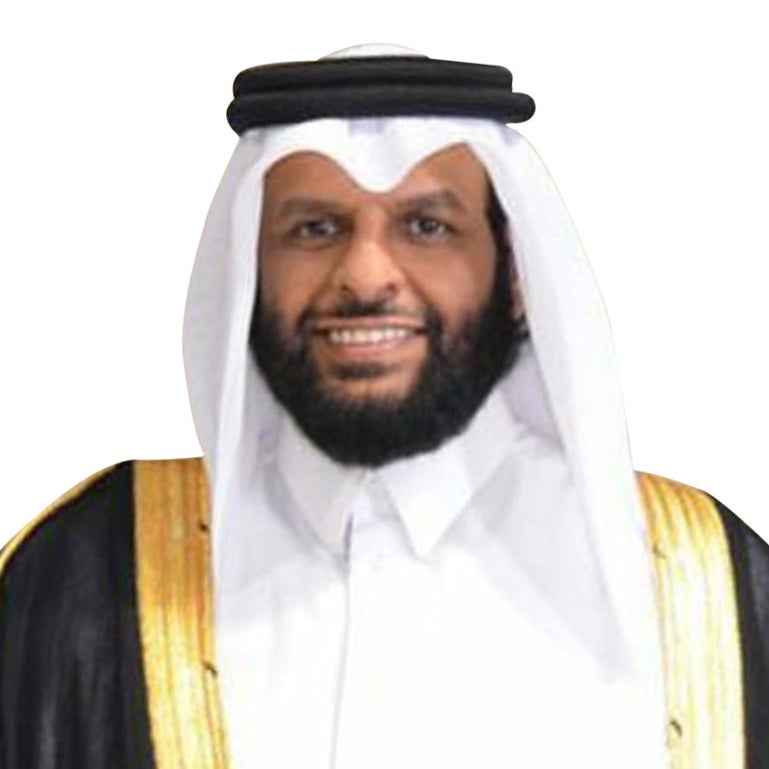
His Excellency Sheikh Dr. AbdelAziz Bin Abdelrahman Al Thani
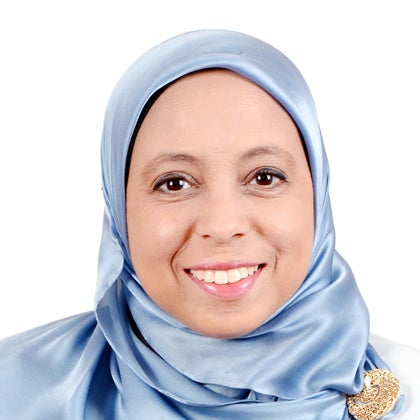
Dr. Mona Amer
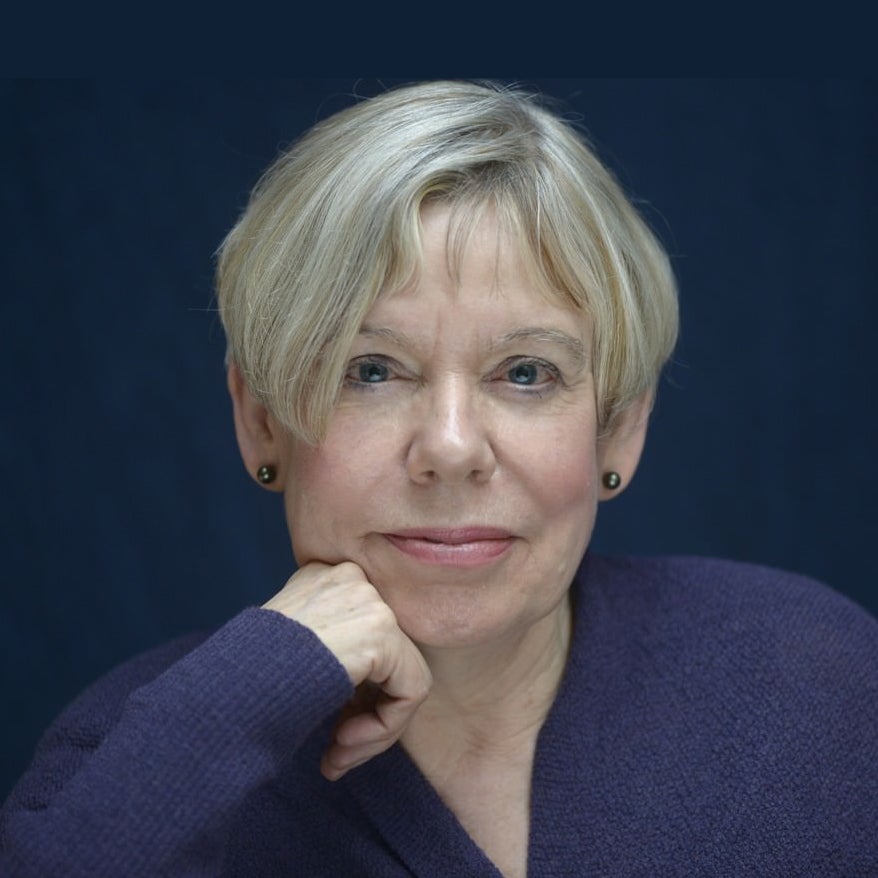
Karen Armstrong
